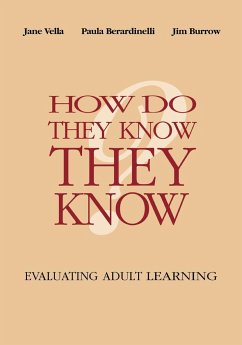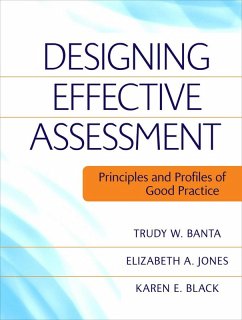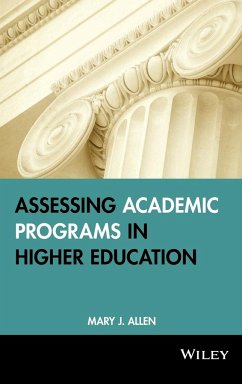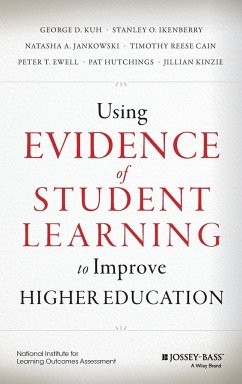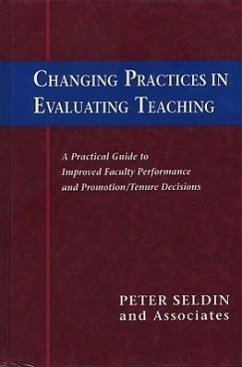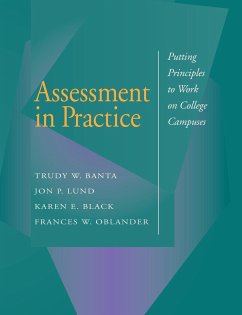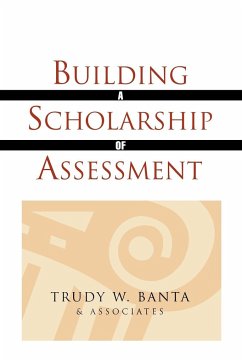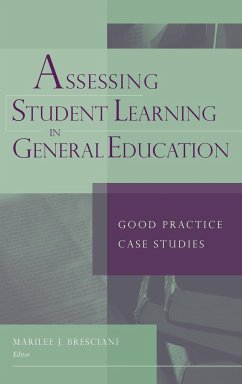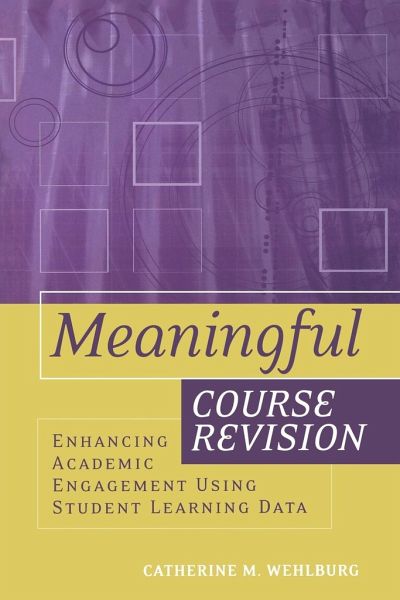
Meaningful Course Revision
Enhancing Academic Engagement Using Student Learning Data
Versandkostenfrei!
Versandfertig in über 4 Wochen
37,99 €
inkl. MwSt.

PAYBACK Punkte
19 °P sammeln!
Faculty often make course changes based on reasons other than data. Intuition or student comments and satisfaction may be important guides, but they don't tell how much a student is learning or whether that learning transfers to other courses. This book makes the case for the use of multiple, direct measures of student learning outcomes data to enhance course development and guide meaningful course revision and decision-making. Focusing on student learning as the reason for course revision is essential. Meaningful Course Revision is a practical guide for collecting information about how well s...
Faculty often make course changes based on reasons other than data. Intuition or student comments and satisfaction may be important guides, but they don't tell how much a student is learning or whether that learning transfers to other courses. This book makes the case for the use of multiple, direct measures of student learning outcomes data to enhance course development and guide meaningful course revision and decision-making. Focusing on student learning as the reason for course revision is essential. Meaningful Course Revision is a practical guide for collecting information about how well students are reaching your course goals, learning what impact your changes are having on student learning, and putting your courses into a cycle of continual revision and improvement. It will also benefit your students and keep your teaching interesting, fresh, and enjoyable. Contents include: * Date-Based Decision-Making * Designing Course-Based * Using Data Enhance Innovation in Course Redesign * Rethinking Teaching and Learning * Embedding Assessment Activities in Meaningful Ways * Planning The Course * Closing the Feedback Loop * Moving from Course-Level Decision-Making to Departmental Curriculum Planning * Creating a Culture of Student Learning Outcomes Assessment




